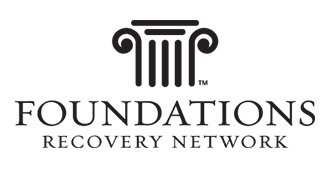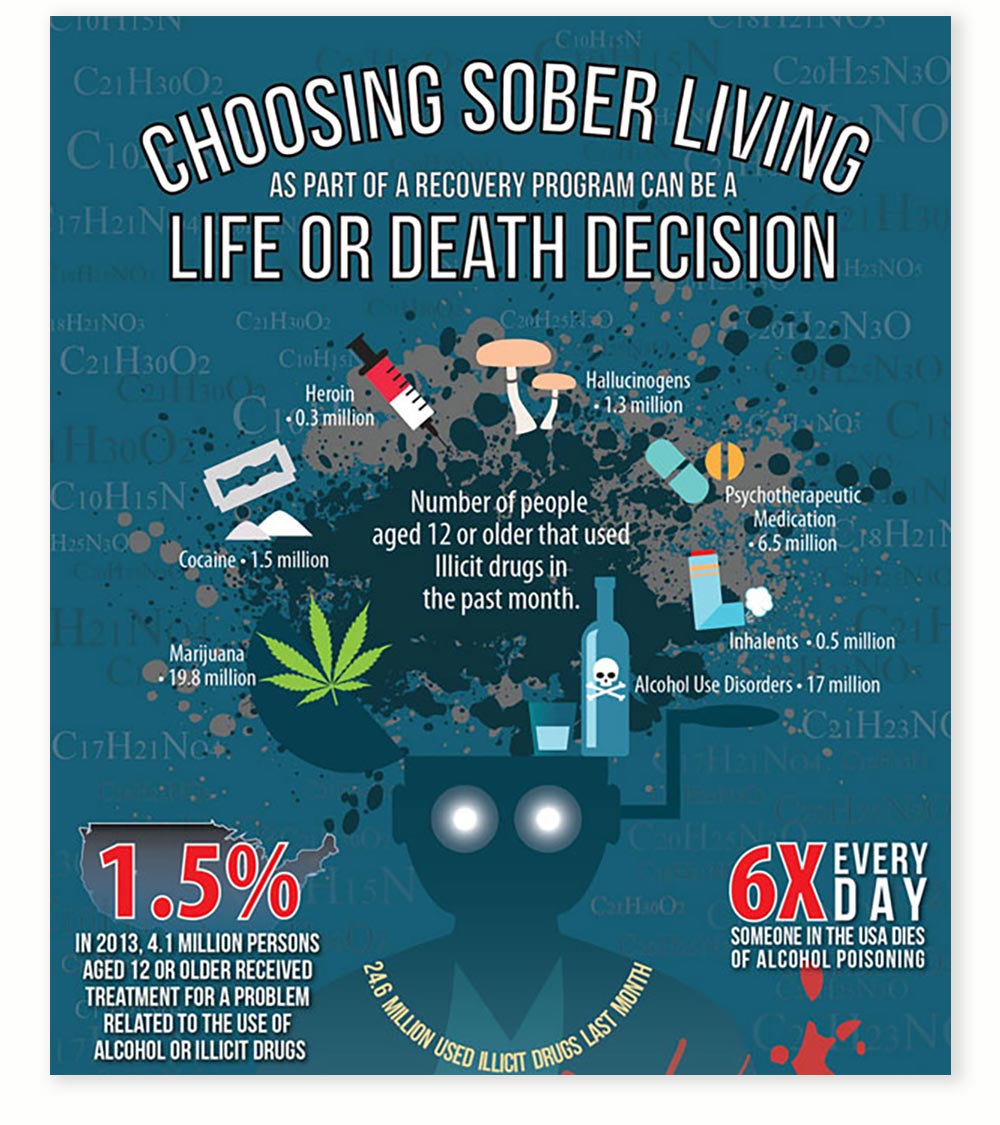House Passes Bills to Combat Opioid Abuse
Last week, the United States House of Representatives passed a bipartisan group of bills aimed at addressing the growing opioid and heroin addiction epidemic in the country. Although it is cause to rejoice, the White House is reminding everyone that this package of bill will not accomplish anything unless Congress authorizes more than $1 billion to fund the programs that the bills calls for.
These bills address key problems fueling the addiction epidemic that has spread across the country like wildfire. There is a bill to create an inter-agency task force that will oversee medical standards for doctors to responsibly manage patients’ pain with prescribed painkillers; a bill that requires states that receive federal grant money for child protective services to have laws or programs that ensure infants who are born to opioid-addicted mothers will be safe and properly cared for after being signed out of the hospital; and many more.
Although the bill package is passed with large margins, as both sides of the political aisle is supporting the effort, there are still politics to be played out. Last week, Democrats offered $600 million in funding for these bills as emergency spending, but Republicans in Congress blocked the measure. President Obama has requested that Congress approve $1.1 billion to fight opioid addiction, saying that 80 percent of new heroin users started by abusing prescription opioid pills.
The startling statistic remains that every single day, 44 people in the U.S. die from a prescription painkiller overdose, according to the Centers for Disease Control and Prevention. This year was also the first time that drug overdose overtook car crashes as the leading cause of accidental death in the nation.
Many politicians and the White House are stressing that without authorizing proper funding, the bills and the bipartisan rhetoric are all a waste because nothing will be implemented. Back in March 2016, the Senate voted 94-1 to pass the Comprehensive Addiction and Recovery Act, which authorizes the U.S. attorney general to provide states, local governments, and nonprofit groups with grants for programs aimed at monitoring the prescription of opioid painkillers, creating treatment programs for addicts, and expanding prevention resources.
This act authorizes $725 million for federal grants for these programs, but does not actually allocate any of the funds, which would be approved as legislation to fund federal agencies for the 2017 fiscal year. As a result, Senate Republicans blocked the Democrats’ effort to add the $600 million in emergency funds to the bill. This may seem a bit disheartening, but with legislation being passed, we can hope that the tide has turned in American attention to opioid addiction.






COMMENTS